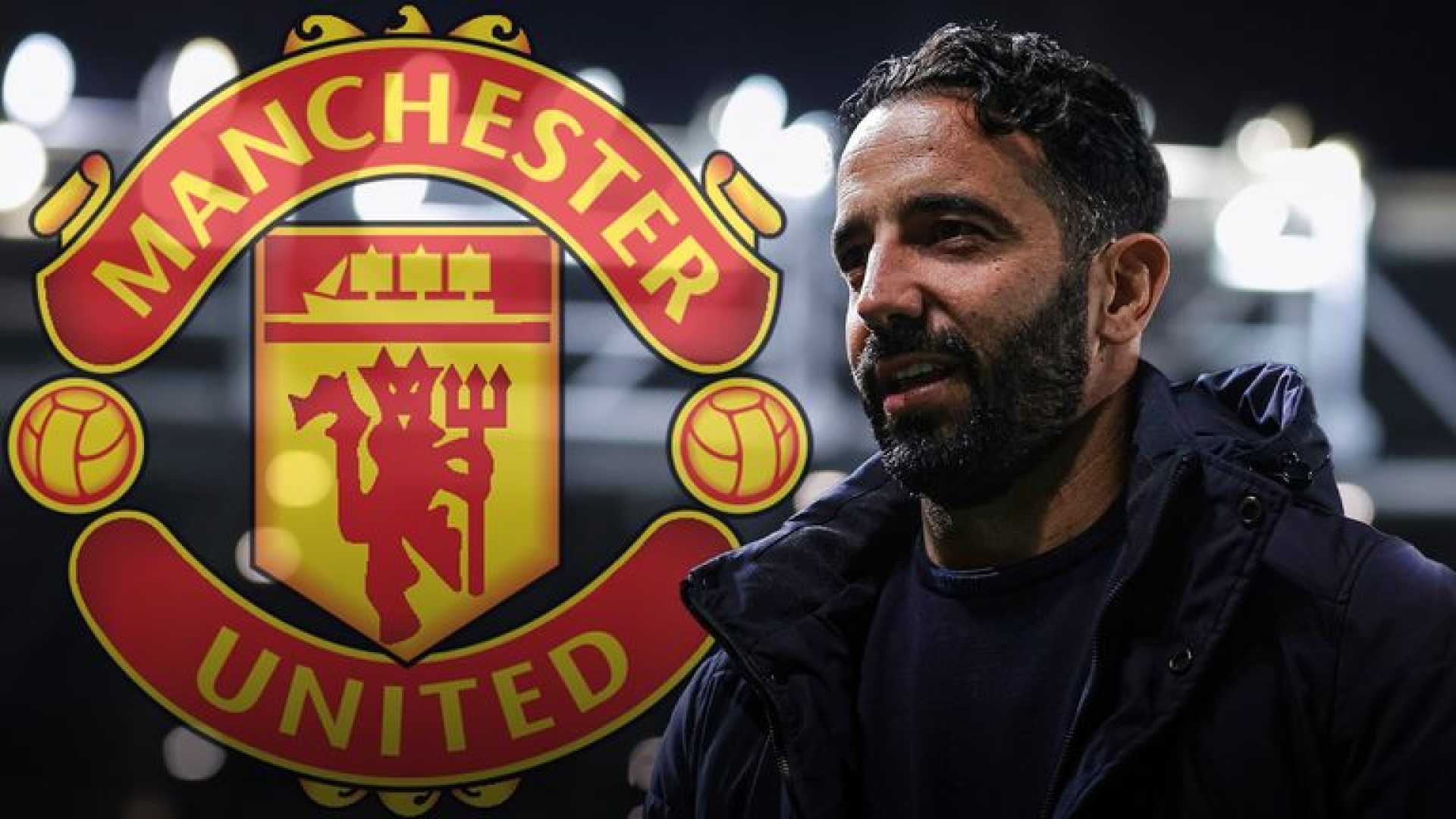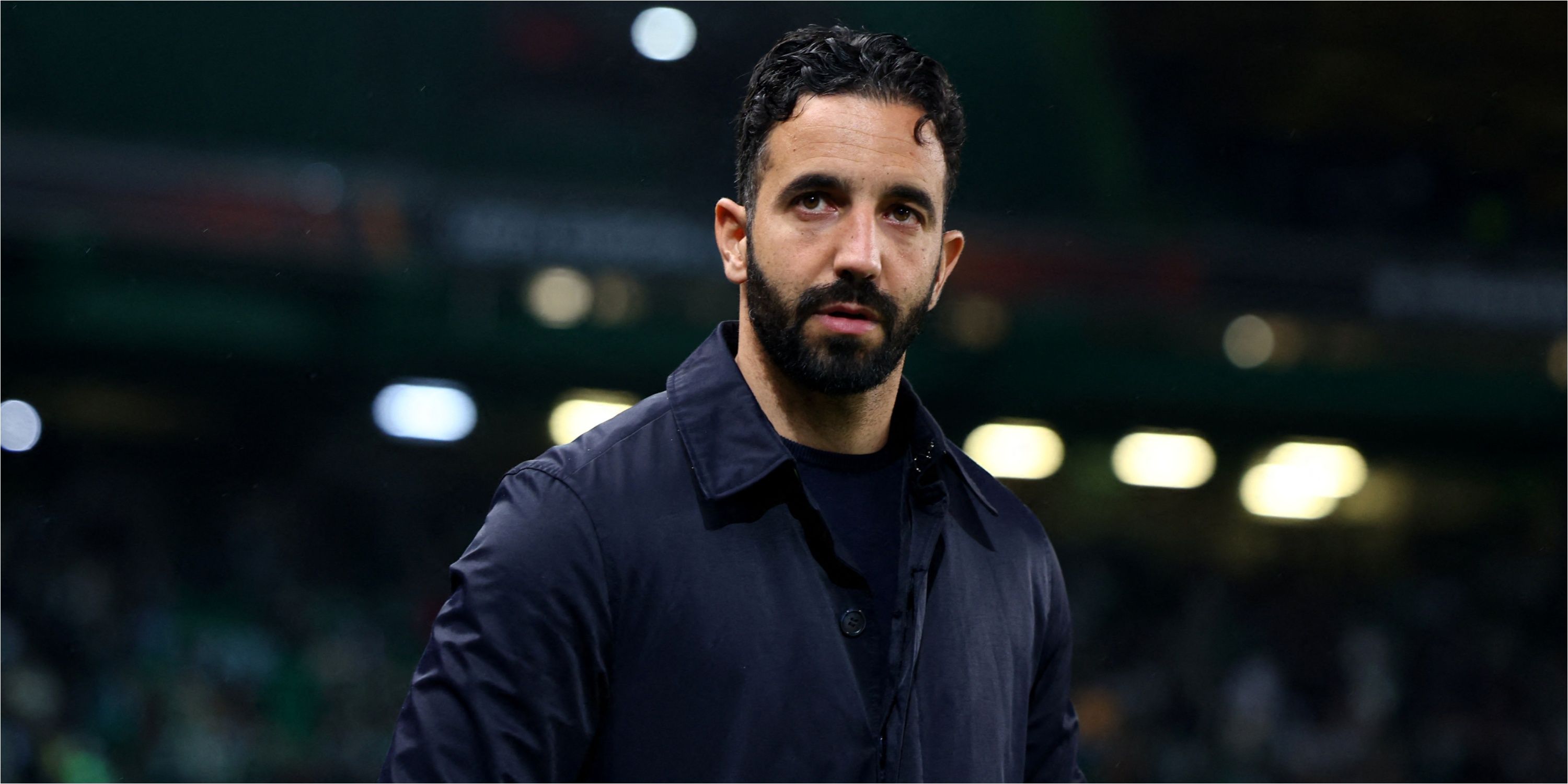Can Diogo Dalot's Non-Cross Say Man Utd Adapts To Ruben Amorim's Tiki-Taka Tactics?
The English Premier League has long been a proving ground for some of the world's top managers, and the 2022-2023 season has been no exception. As the competition continues to heat up, one team that has been making headlines is Manchester United, led by manager Erik ten Hag. The Dutch coach has been experimenting with a new approach to the game, one that has drawn comparisons to the tiki-taka tactics employed by Portuguese manager Ruben Amorim. But what exactly is tiki-taka, and can Manchester United adapt to its demands?
Tiki-taka is a style of play that originated in Spain and emphasizes short, precise passes to control the tempo of the game. It's a high-intensity, low-scoring style that requires patience, discipline, and a deep understanding of the game. When done correctly, tiki-taka can be a beautiful thing to watch, as the players weave a intricate web of passes that leave opponents struggling to keep up.
Ruben Amorim's Porto team is one of the most iconic examples of tiki-taka in action. Under Amorim's guidance, the Portuguese side has consistently pushed the boundaries of the style, using its quick, agile players to outmaneuver opponents and create scoring opportunities. But Amorim's tactics have drawn criticism from some quarters, with some accusing him of being too focused on possession and not enough on direct attacking play.
So how does Manchester United fit into this picture? The answer lies in the team's new player, Diogo Dalot. The young Portuguese defender has been a key player in United's recent matches, using his impressive pace and agility to track back and win the ball. But what's more interesting is how Dalot has been used in United's midfield, where he's been deployed as a non-crossing midfielder.
A non-crossing midfielder is a player who acts as a "glue" in the midfield, using their body to shield the ball and prevent opponents from gaining possession. It's a role that requires a high level of physical fitness, as well as mental toughness and discipline. Dalot's use in this role has been a key factor in United's recent success, allowing him to use his impressive passing range to control the tempo of the game.
But can Dalot's non-crossing midfield role help Manchester United adapt to Amorim's tiki-taka tactics? The answer is yes, and here's why.
The Benefits of a Non-Crossing Midfielder
Controlling the Tempo of the Game
A non-crossing midfielder like Diogo Dalot can help control the tempo of the game by using their body to shield the ball and prevent opponents from gaining possession. This allows the team to dictate the pace of the game, using short, precise passes to build attacks.
Protecting the Flanks
Dalot's pace and agility also make him an ideal candidate to protect the flanks, using their body to win the ball back and prevent opponents from making runs down the wing. This allows the team to maintain possession and build attacks.
Providing Depth and Width
A non-crossing midfielder like Dalot can also provide depth and width to the team's midfield, using their passing range to pick out runs from midfield and create scoring opportunities.
Challenges of Adapting to Tiki-Taka
Lack of Physicality
One of the biggest challenges of adapting to tiki-taka is the lack of physicality required. Tiki-taka is a high-intensity style that requires players to be physically fit and capable of maintaining a high level of intensity over 90 minutes.
Limited Set Pieces
Tiki-taka teams often struggle with set pieces, as the short, precise passes that characterize the style can be difficult to implement in these situations.
Mental Toughness
Adapting to tiki-taka also requires mental toughness, as players must be able to maintain their focus and concentration over the course of 90 minutes. This can be particularly challenging for players who are used to more direct, physical approaches to the game.
Manchester United's Adaptation to Tiki-Taka
The Role of Diogo Dalot
Diogo Dalot's non-crossing midfield role has been a key factor in Manchester United's recent success, allowing the team to control the tempo of the game and protect the flanks.
Ten Hag's Coaching Philosophy
Erik ten Hag's coaching philosophy has been a key factor in Manchester United's adaptation to tiki-taka. The Dutch coach has emphasized the importance of maintaining possession and dictating the pace of the game, using short, precise passes to build attacks.
Building a Team Around the Tiki-Taka Style
Midfield Control
Manchester United's midfield has been a key area of focus for the team, with Dalot and other midfielders working to control the tempo of the game.
Attack and Creativity
Winger Play
The addition of wingers like Antony and Garnacho has provided Manchester United with the attacking width and creativity required to break down opponents.
Conclusion
Can Diogo Dalot's non-crossing midfield role help Manchester United adapt to Ruben Amorim's tiki-taka tactics? The answer is yes, and it's a key factor in the team's recent success. By controlling the tempo of the game, protecting the flanks, and providing depth and width, Dalot has helped Manchester United build a strong foundation for the tiki-taka style.
Tips for Adapting to Tiki-Taka
- Control the tempo of the game: Use short, precise passes to build attacks and dictate the pace of the game.
- Protect the flanks: Use your body to win the ball back and prevent opponents
Karlan And Connieenio Crimecene Pos
Whenid Piddyie
How Old Iarlyhimkus
Article Recommendations
- Sabrina Carpenter Weight And Height
- Who Is Brian Adams Partner
- Theez
- David Alaba Wife Nationality
- Who Isteve Harvey Voting For
- Joshua Hammond Wrestling
- Diddy
- Foolio Autopsy
- Kaitlan Collins
- King Von S Autopsy



